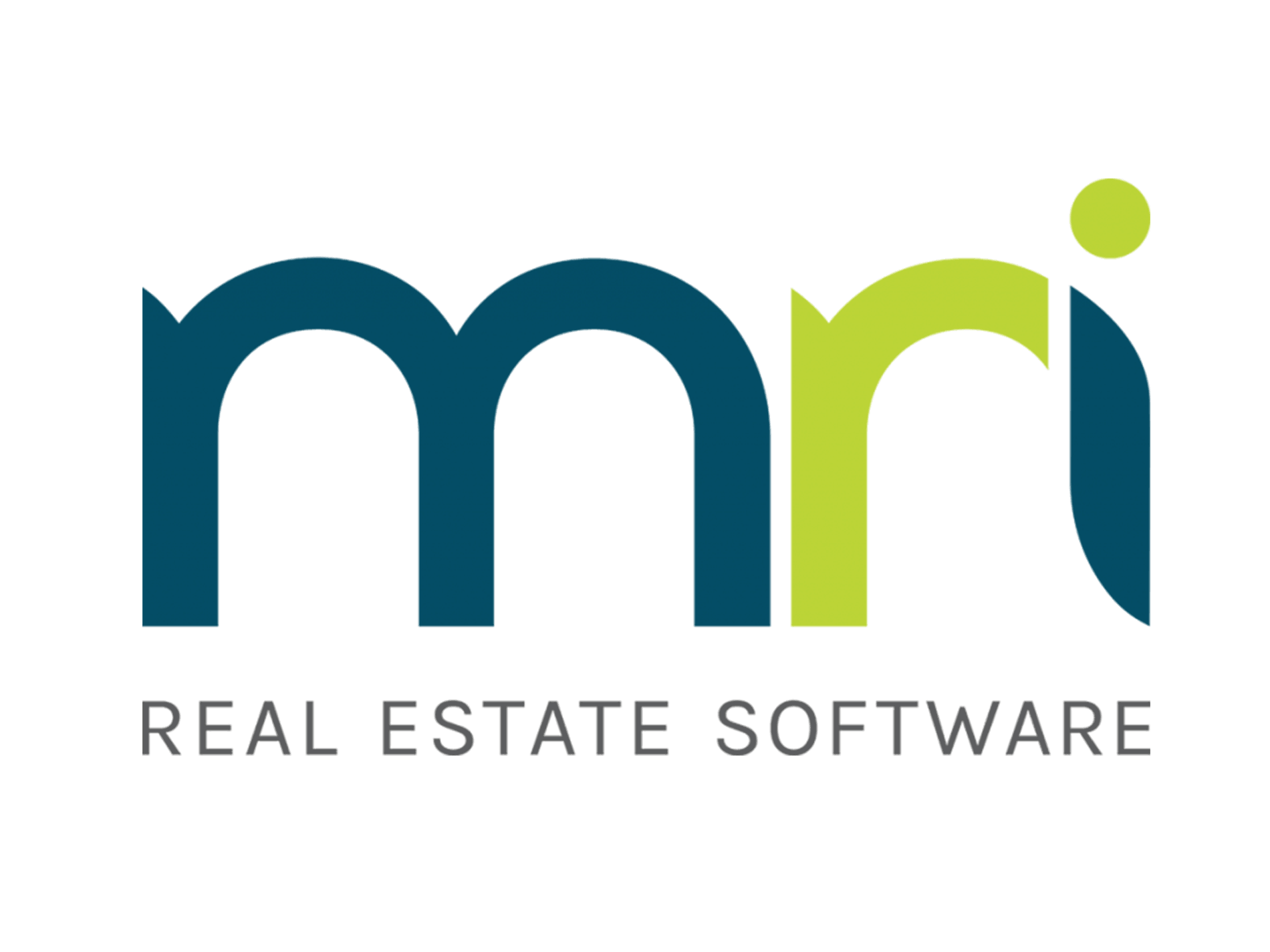In Block Management, Benefits Of Consolidation Can Only Be Felt If Systems Are Right

Consolidation is rife in the block management sector. These aren’t small fry acquisitions, either; recently there have been many examples of deals that add tens of thousands of units to the acquirer's portfolio.
Take Firstport, whose significant acquisition stream has included Mainstay and Blenheims, which added more than 50,000 units to its portfolio. Odevo group acquired in excess of 100,000 units by acquiring Premier Estates and Trinity Estates. Multiple arms of the SDL Property Management business have been acquired by both HML Group and Alexander Faulkner Partnership, while Principle Estate Management is now making its first acquisitions.
In addition to geographic expansion, a key reason for all these consolidations, said MRI Software Investor Solutions Team Manager Dan Foryszewski, is economies of scale. Consolidation is a surefire way to improve profitability given the tight margins in block management. However, rapid expansion must be planned carefully, with the right tools to ensure success.
“Where companies have gone through rapid growth, from 500 units one year to thousands of units only a few years later, they are now making acquisitions to add further scale quickly,” he said. “Most are backed by private equity with strong growth ambitions. To make sure acquiring organisations can handle this growth, they need to use technology to exploit the ability to operate at scale.”
Driving Efficiencies
One of the primary roles of a block management company is to manage costs for leaseholders and drive efficiencies in their internal processes. This service needs to be provided with as little overhead as possible.
Foryszewski said that in some situations, there is downward pressure placed on fees by less scrupulous agents who undercut the management fees of more service-driven firms and draw revenue in other ways. Add to this the challenge of balancing inflationary pressures with an effort to control service charges, and the result is an increasingly low-margin business. It’s therefore no surprise that these businesses are turning to acquisitions to significantly increase their income streams where organic growth cannot.
Managing a portfolio of increasing scale can be as complex as it is profitable, however. A business risks missing out on the benefits of operating at scale, such as reduced operational cost per unit, if inefficient processes and structures are in place. Foryszewski said they could also risk losing the personal approach with clients and be unable to retain the talent in their own organisation.

“Technology can help with all these issues,” he said. “Automation of repetitive processes like demand generation is a must, as well as ensuring greater visibility over procurement chains to maintain appropriate spend control. Even the basics like having an easy-to-navigate solution can help with the integration of new employees, demonstrating that you can make their lives easier. The same applies for clients, ensuring that with their previous agent being acquired, there is to be a new level of service, underpinned by superior technology.”
When a business is growing rapidly, Foryszewski said, a factor that can be overlooked is the need to make sure the business lines are being moved forward either in terms of deeper integration overall or enhancement of the service offering. Added scale has many benefits, but it is important that the core offering continues to improve and scale alongside the business to ensure that clients are being better served.
Principle Estate Management will use MRI’s technology in the businesses that it has acquired.
“With consolidation occurring at all levels, we were excited when an opportunity came along for us to acquire a niche business providing property management to a prime central London block of flats,” Principle Estate Management founder Brett Williams said. “With some prior experience of mergers and acquisitions, we knew there is always a lot to do. It was great to be able to enter the deal knowing that we had MRI Qube PM, which would make the day-to-day offering better for those customers as well as improving efficiency for the business.”
Flexible Technology
While technology can support a business in driving through efficiencies as it grows, the technology itself needs to scale with the business. Creating the best framework possible boils down to choosing the right technology provider, Foryszewski said. It’s possible to outgrow a technology system if it doesn’t support what you need as your business evolves.
“If you’re growing at scale, you’ll likely be moving into other verticals, so you need a system that can cope with that,” Foryszewski said. “A block manager might diversify into lettings and BTR, or residential agents might move more into mixed-use and commercial schemes. For any agent diversifying through acquisition, having an agile, open and connected solution is key to underpinning growth in a cost-effective manner and provides visibility across an organisation.”
With market pressures from building safety regulations, cost-of-living increases and an increase in private equity-backed block managers, there is unlikely to be a slow down in acquisitions. Foryszewski said that this is a great opportunity for those with the right technology to enjoy the benefits of their increased market size.
This article was produced in collaboration between MRI Software and Studio B. Bisnow news staff was not involved in the production of this content.
Studio B is Bisnow’s in-house content and design studio. To learn more about how Studio B can help your team, reach out to studio@bisnow.com.

